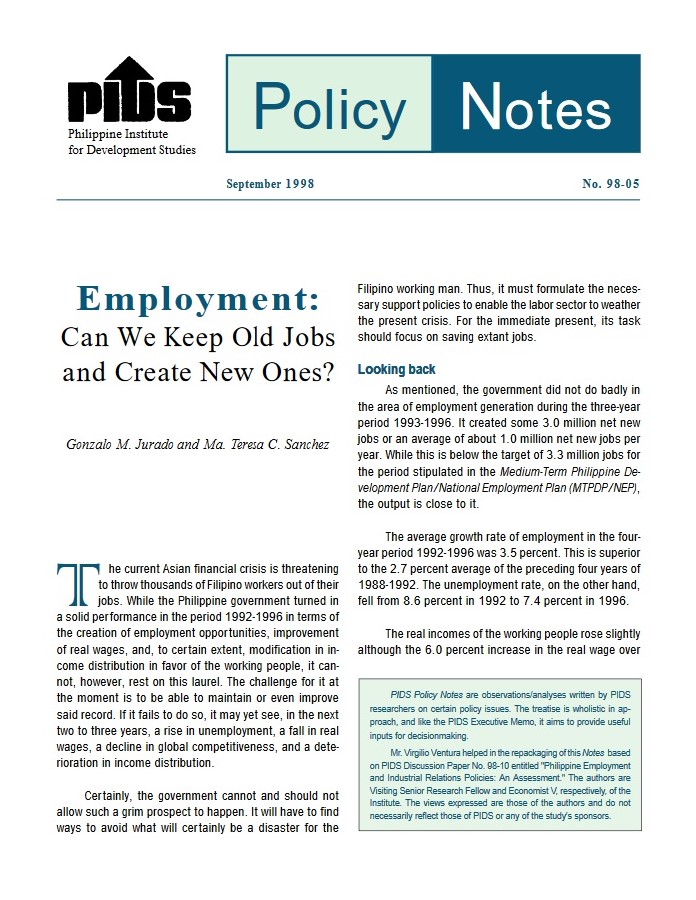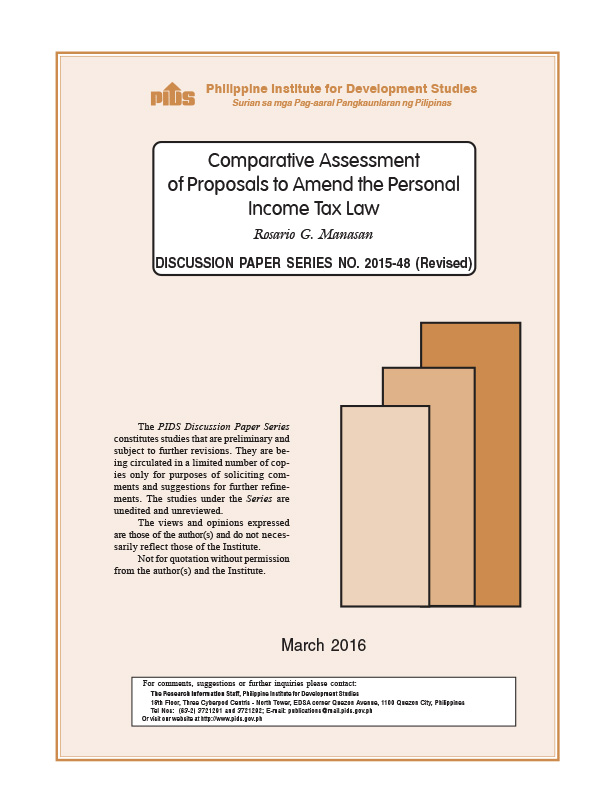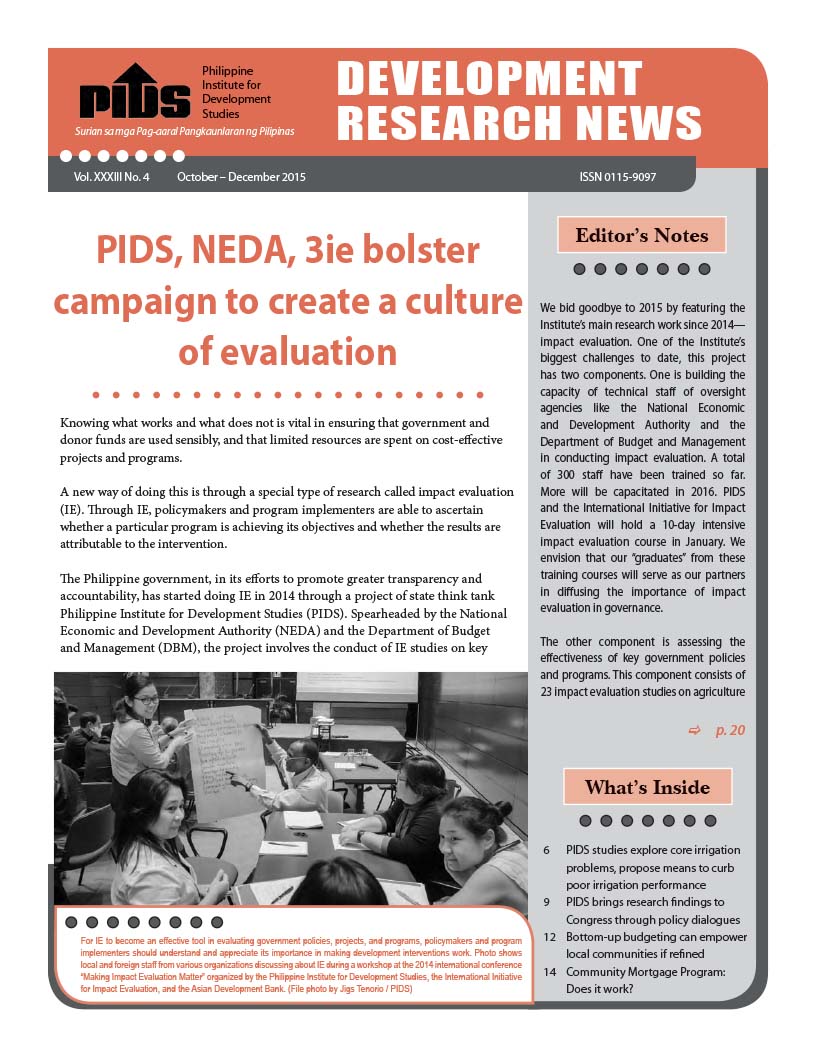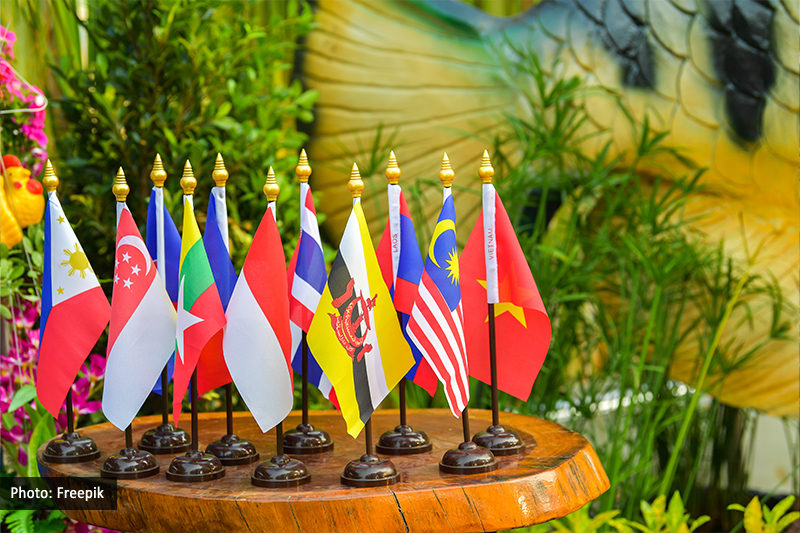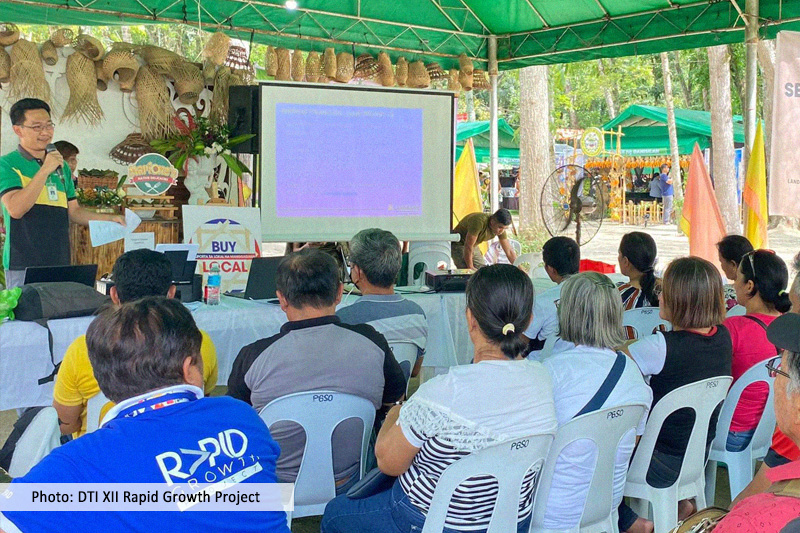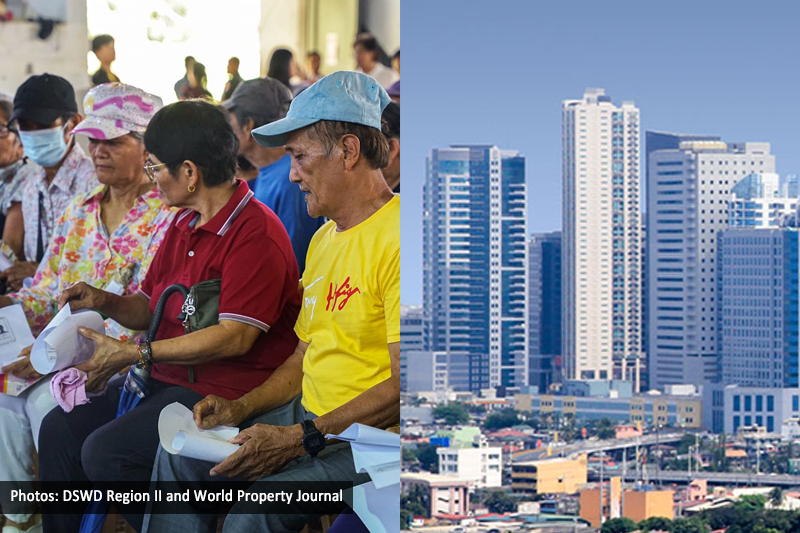The trade department has expressed its opposition to congressional proposals seeking to create a trade representative office, saying such a move, if approved and implemented, will result into inefficiency and redundancy.
Based on the Department of Trade and Industry’s (DTI) draft position paper and comments on House Bills (HB) 1690 and 2770 to create a Philippine Trade Representative Office (PTRO), the proposed restructuring, the DTI said, will "derogate upon the functions and jurisdiction of the Department of Trade and Industry through the Bureau of International Trade Relations, which has already developed expertise in trade negotiations and in forging trade agreements with other countries.”
The said bills, filed during the 16th Congress, seek to establish the PTRO in order to authorize a single entity to handle the country’s formulation and implementation of international trade policy similar to the United States Trade Representative Office (USTR).
According to the explanatory note of HB 1690, authored by Rep. Karl B. Nograles of the first district of Davao, the impact of all trade agreements the Philippines has entered into and are currently negotiating, bilateral or otherwise, has yet to be appreciated as "there is no single entity principally responsible for monitoring and maintaining a cohesive and coherent trade policy vis-a-vis our national interest.”
The DTI invoked its prevailing mandate and its enabling law to handle overall national trade policy and stated that the creation of the PTRO essentially separates trade policy making.
"Trade and industry policies are naturally and inextricably linked, such that industry policy should underpin trade policy and vice versa. Segregating the functions causes ineffectiveness in both areas, thereby, hindering their full potential to serve overall national interest,” the position paper read.
Further, the DTI said such a segregation may affect trade policies tied to industry and investment, such as those relevant to address micro, small and medium enterprises and consumer welfare.
The DTI similarly objected the bills’ proposal to differentiate international trade from domestic trade by transferring functions of international trade management to PTRO, reiterating overlapping of jurisdiction with DTI.
Both bills also advocate the creation of different bodies to be able to consult with all stakeholders in coming up with the country’s trade position in international agreements, as well as to settle trade dispute settlements.
The DTI’s position was that the existing function is already being carried out by the Bureau of International Trade Relations (BITR), and, again, such a proposal would undermine the DTI and the interagency committees attached to it.
‘Policy capture’
Two of the bodies pushed by the bills are the multisectoral advisory committee (MSAC) and the subsector advisory committee (SSAC).
Both bodies are being proposed to represent different industries in agriculture, labor, service industries, small business and other stakeholders and key sectors, as well as represent consumer interest.
The inputs of MSAC and SSAC, as representatives of industries and sectors, are vital to come up with positions on trade negotiations with other countries, but the membership of the bodies, as proposed by the bills, should be endorsed by non-governmental organizations (NGOs) and stakeholders
Such a structure, said DTI, will inevitably result to "policy capture” like in an institution where NGOs, in selecting the representatives for SSAC and MSAC, may push for their own interests in trade negotiations, instead of the country’s.
"Previous experience tells us that NGOs, for example, normally oppose trade liberalization. The proposed structure will not aid in the formulation of Philippine trade positions given the complexities of developments in the international trading fora, which require a wider and objective view than those held by particular interest groups,” the draft position paper noted.
The DTI, in the position paper’s conclusion, stands firm on its opposition to the bills and its proposals, and, instead, vows to resolve problems in the current structure that justify the establishment of a single unified trade agency, such as the alleged "turf mentality” of the Cabinet-level Tariff and Related Matters Committee (TRM).
The TRM, chaired by the DTI and cochaired by the National Economic and Development Authority (Neda) consists of representatives from different line agencies, such as agriculture, foreign affairs, central bank and finance, that determine overall trade policy through consensus.
A Philippine Institute for Development Studies research paper released in 2005 points out the "turf mentality” issue and advocates the PTRO, said DTI, but the same paper concludes that a separate Cabinet-level agency dedicated to international trade negotiations may not be feasible due to budgetary and fiscal constraints.
The second option advocated by PIDS, which may be successful and has the DTI’s backing, is strengthening the existing TRM system, particularly the role of BITR.
"The DTI is currently implementing its rationalization plan and we are ensuring that all our bureaus, particularly the BITR, will be manned by qualified individuals with proven competence and understanding of both the economics of international trade and trade law. This is with the end in view of strengthening the country’s stance and leverage during trade negotiations to further the interests of the country.”//
Related Posts
Publications
Press Releases
Video Highlights
[No related items]
Infographics
[No related items]

